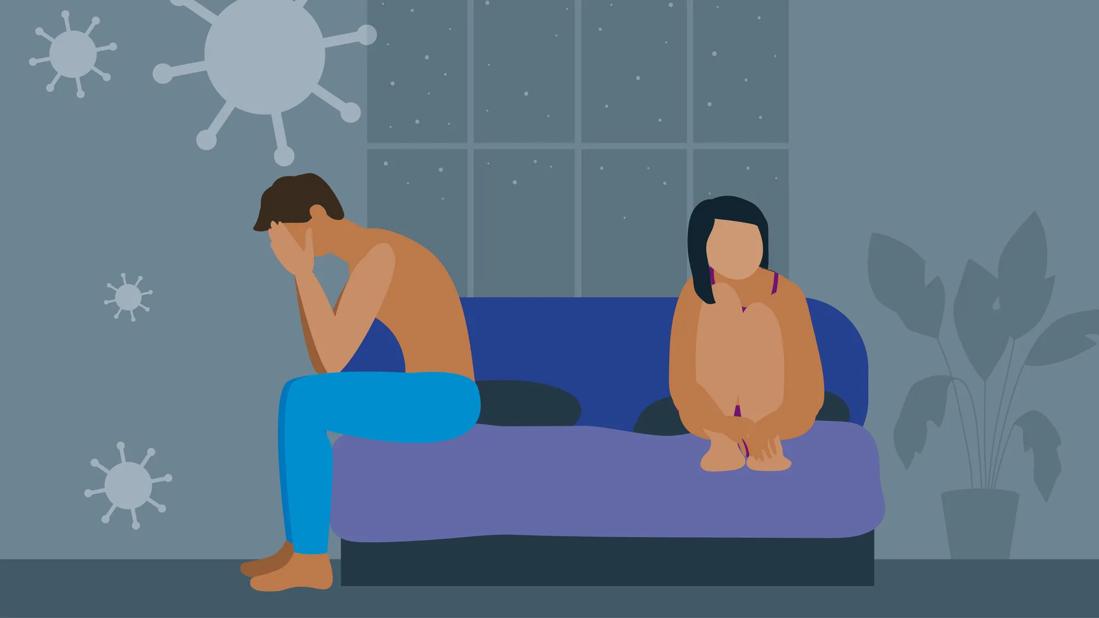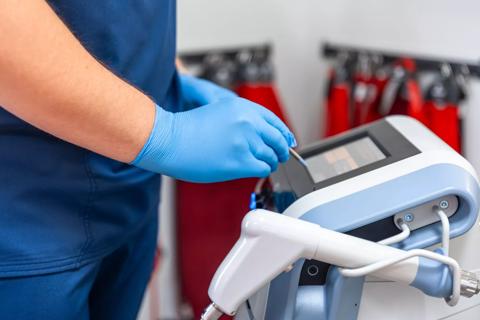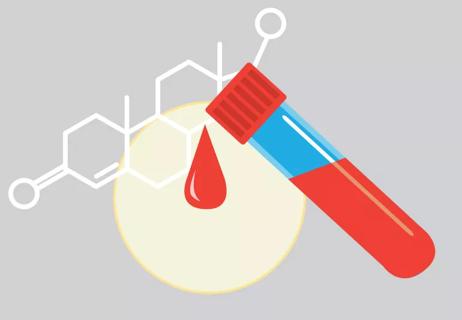Research shows the virus can affect your ability to get or maintain an erection

If you’re suddenly experiencing erectile dysfunction (ED), it might be connected to something you wouldn’t necessarily expect — a recent COVID-19 infection.
Advertisement
Cleveland Clinic is a non-profit academic medical center. Advertising on our site helps support our mission. We do not endorse non-Cleveland Clinic products or services. Policy
Studies show that COVID-19 may increase your risk of ED or worsen the condition if you’re already dealing with an inability to get or maintain an erection. Why is this? Let’s look at the possible factors with urologist Ryan Berglund, MD.
Research points to three factors that could lead to the onset of ED after getting COVID-19:
Age is also an important aspect to consider, as it’s a risk factor for developing both ED and a more severe case of COVID-19.
Advertisement
“We know there are several different ways that the virus could cause erectile dysfunction, but much more research is needed before we know for sure and if there are long-term effects,” he adds.
Studies show that testosterone levels often drop following a COVID-19 infection and may stay down for months before rebounding. In severe cases, the virus can cause testicular damage and dysfunction.
But low testosterone doesn’t necessarily lead to ED. While there are connections, low T and ED are separate health issues involving different systems in your body. (Learn more about the relationship between low T and ED.)
Protecting yourself against COVID-19 is the best way to avoid issues related to the virus, says Dr. Berglund. That means staying up to date on your COVID-19 vaccinations as new variants and subvariants emerge.
Other prevention strategies include:
First, the good news: According to Dr. Berglund, it does appear that COVID-19-related ED improves over time, so the situation may be temporary. Researchers found that erections often return to their regular stiffness within three months.
In the meantime, talk to your doctor about your options, including ED medications. They may check for underlying causes (such as cardiovascular issues) that may be contributing to your ED.
While COVID-19 is a respiratory illness, we know it extends far beyond our lungs when it comes to harming our bodies. ED is just one example.
The virus also has been connected to an increased risk of blood clots. There’s evidence it may contribute to the development of Type 2 diabetes, too. And it has been linked to seizures, sleep disorders, tinnitus (ringing in your ears) and many more issues.
“All of these are examples of possible long-term effects of COVID,” states Dr. Berglund. “Time and more research is needed to give us a better understanding of what the virus can do.”
Advertisement

Sign up for our Health Essentials emails for expert guidance on nutrition, fitness, sleep, skin care and more.
Learn more about our editorial process.
Advertisement

Adjusting your diet to focus on plant-based, whole foods may improve erectile function

Here’s what you need to know about ED, which most men experience to some degree during their lives

Psychological factors are the main cause of ED in younger men, followed by medications and a range of health conditions

Early results show the procedure may help resolve mild to moderate ED

Despite assumptions, there really isn’t a one-to-one connection between the conditions

Learn the many causes of erectile dysfunction

Correct positioning is one of the keys to getting the best results

Chilblain-like skin lesions and rashes are mild (and rare) complications of many viral infections, not just COVID-19

Even small moments of time outdoors can help reduce stress, boost mood and restore a sense of calm

A correct prescription helps your eyes see clearly — but as natural changes occur, you may need stronger or different eyeglasses

Both are medical emergencies, but they are very distinct events with different causes